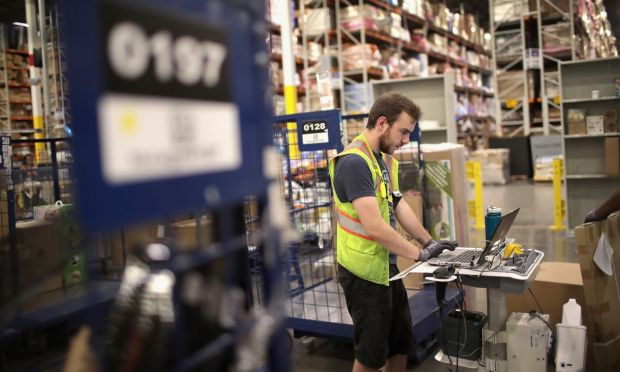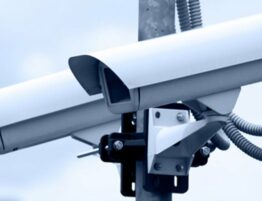
The “monitoring” of employees has long been debated by Italian Courts and Scholars in order to interpret and update a law whose original formulation lies in a specific timeframe characterized by great social, cultural and politic conflicts, a context that is also extremely distant from the technological culture which has swept the current labour market.
In an attempt to resolve any possible conflict of interpretation, the Italian Legislator has recently sought to revise the rules of the so-called remote monitoring under Article 4 of the Workers’ Statute (Law No. 300/70), by making an attempt to reconcile the continuous need to support the technological evolution that characterizes the current working environment (consider, for example, the almost unanimous use of the internet, of cellphones and of GPS systems) combined with the basic need of protecting the dignity and privacy of every worker, as explicitly provided by Articles 1 and 8 of the above measure.
Before the reform introduced by the “Jobs Act” there was a general and absolute ban on the use of remote monitoring systems for workers’ activities, except if they were installed for “organizational requirements, production needs or work safety”. The lawfulness of each installation required a prior agreement with the trade union representatives or, failing that, an authorization from the competent Territorial Labour Office.
The most recent legislative measures under Article 23 of Legislative Decree No. 151/2015 (in force since 24th September 2015) and under Article 5 para. 2 of the Legislative Decree No. 185/2016 (in force since 8th October 2016 and containing corrective measures and amendments to Legislative Decree 151/2015) are set in the above context and are both aimed at “updating”, without disrupting, the legal regime of the monitoring of employees and the correct use of the relevant data.
The reform at issue partly modifies the previous wording of Article 4 of the Workers’ Statute that now introduces new kinds of monitoring of employees among which, as far as this article is concerned, there are the ones relating to the so-called work tools, differentiating them from generalized remote monitoring.
More precisely, paragraph 2 of Article 4 of Law 300/70 provides that “The provision under paragraph 1 [preventive approval procedures] shall not apply to those tools used by the employee in order to perform his work and to instruments for the registration of access and attendance”.
Therefore, the limitations and the procedures (trade union procedures and/or administrative procedures) described in the preceding paragraph do not apply to the use of the tools that the employer gives his employees for working purposes, which do not have the main purpose of controlling them and/or checking their movements, but provide a useful means to perform work (examples include computers, phones and cell phones that are normally assigned to employees right from the hiring phase) and/or for the purpose of attendance record (badge).
In such cases, employees’ “monitoring” is free and may be carried out even without the need for a justification regarding the presence of an organizational or production requirement.
The only restrictions specifically set forth by the last paragraph of Article 4 of the Workers’ Statute refer to the use that the employer will hypothetically make of the information collected through the exercise of the aforementioned monitoring power, which in any case will have to be closely connected to the employment relationship and will be subject to obligations to properly inform employees (about the ways in which the supplied equipment must be used and the ways in which the monitoring will be carried out) and, anyway, in full compliance with the provisions of Legislative Decree No. 196/2003 – Privacy Code.








